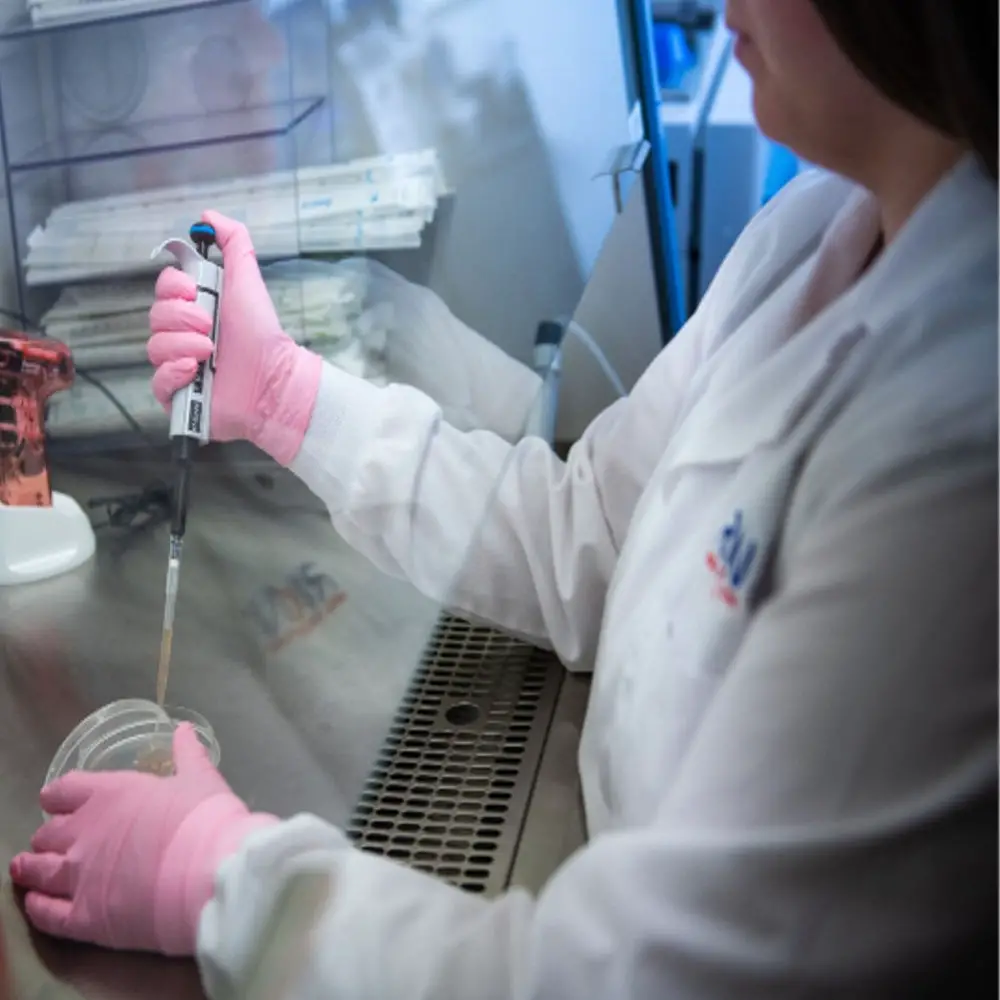US Invests $2.4M to Treat Soldiers’ Pulmonary Conditions
Medicinal research firm RION has partnered with the US Army Medical Research Institute for Chemical Defense and Mayo Clinic on a $2.4-million program seeking pulmonary treatment for warfighters.
The effort will explore the therapeutic potential of RION’s proprietary Purified Exosome product or PEP as a remedy for Chronic Obstructive Pulmonary Disease (COPD) and related conditions.
COPD and other pulmonary cases commonly manifest in soldiers and veterans exposed to airborne hazards on the battlefield.
RION said that a US Department of Veterans Affairs report documented at least one instance of exposure to airborne hazards of harmful gasses, vapors, and fire-produced particulate matter in 1.7 million veterans.

Purified Exosome
The Minnesota company’s PEP is made of nano-sized vesicles or platelets known for regenerative capabilities. Using PEP can provide patients with “a pure, potent, and shelf-stable” solution against COPD.
Alongside pulmonary problems, PEP’s advantage in significant tissue repair can address hard-to-treat conditions such as wound healing, female stress urinary incontinence, heart attacks, and musculoskeletal disorders.
“This grant speaks to the potential of our purified exosome product to deliver on the promise of regenerative medicine – leveraging the body’s innate ability to heal,” RION Co-Founder and CEO Dr. Atta Behfar stated.
“We look forward to unlocking the therapeutic possibilities of PEP for patients suffering from debilitating pulmonary diseases with a high unmet need, including COPD among soldiers and veterans.”
Currently, RION is working on regenerative medicine applications and patient outcome improvements.
The firm’s exosome-based therapeutic solutions have been included in various clinical trials under the US Food and Drug Administration, including a wound healing trial to conclude in 2024.
Meanwhile, RION is also investigating exosome applications for knee osteoarthritis.












